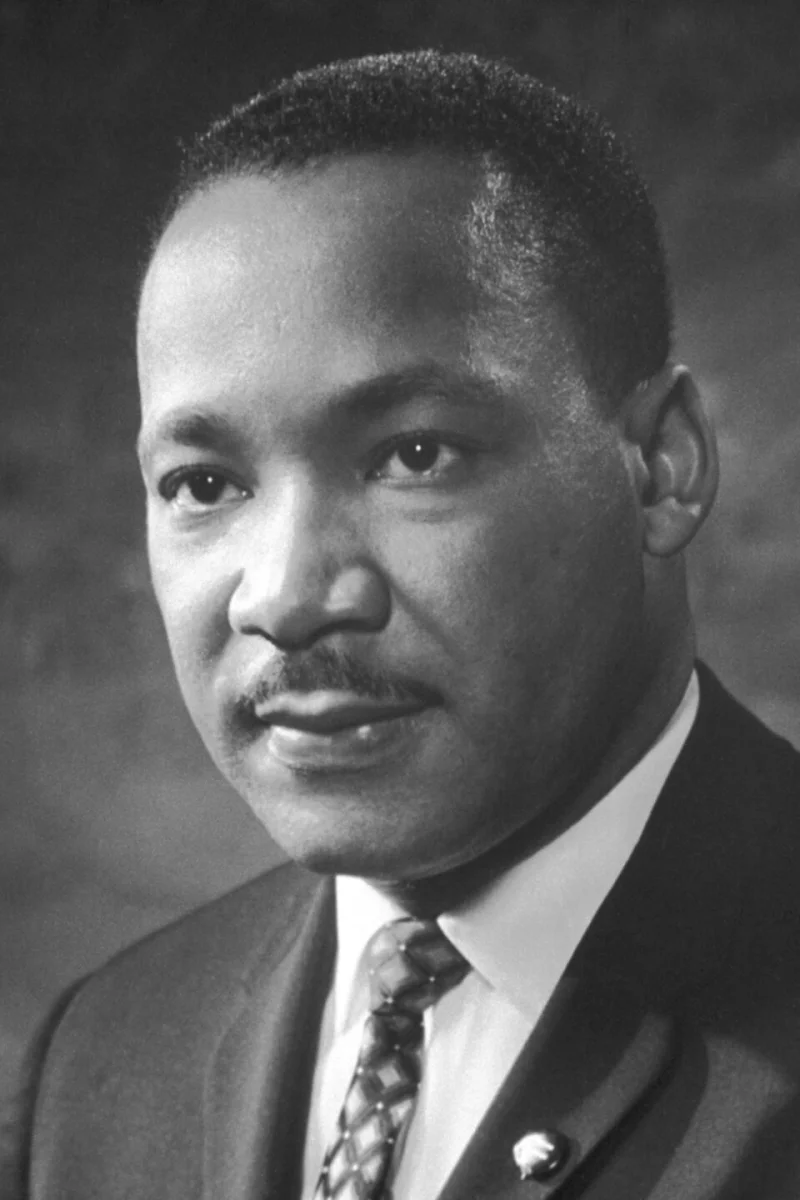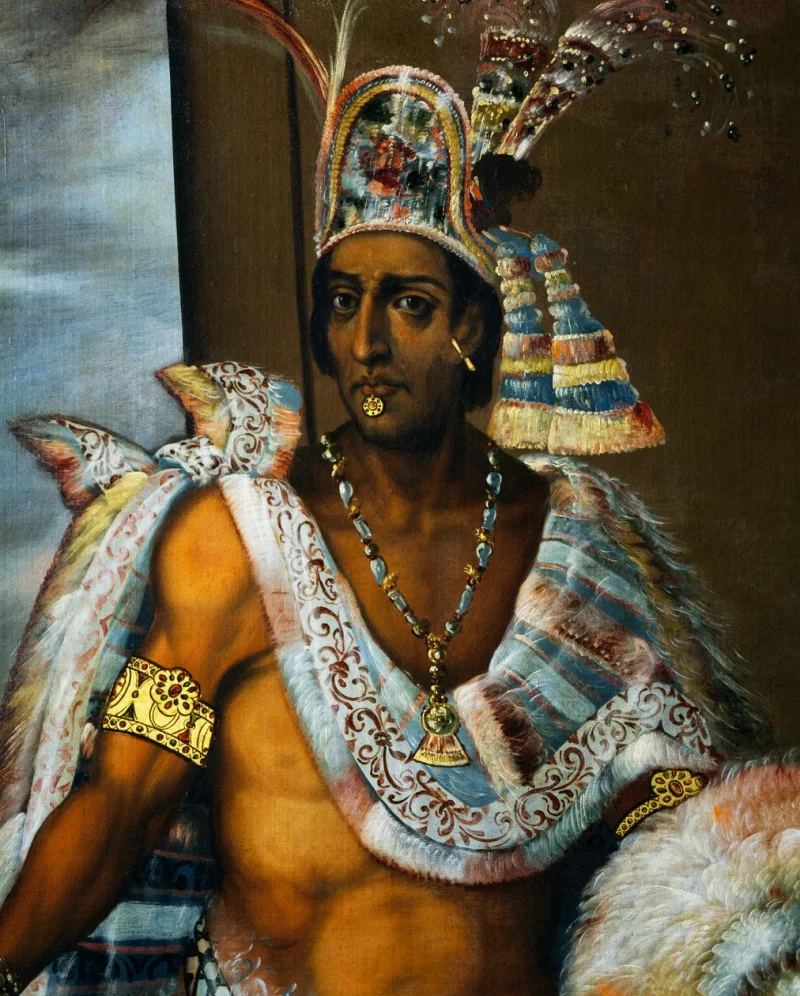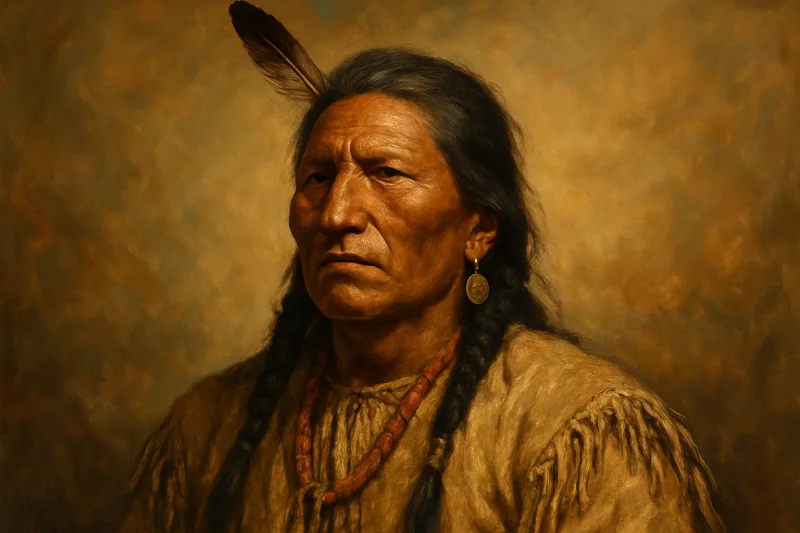Short Summary
Martin Luther King Jr. was a pivotal figure in the American civil rights movement, renowned for his leadership in advancing civil rights through nonviolent protest. His most famous moment was the "I Have a Dream" speech during the 1963 March on Washington, which articulated his vision of racial harmony. King's efforts were instrumental in the passage of civil rights legislation, and he was awarded the Nobel Peace Prize in 1964. His legacy continues to inspire the fight for equality and justice worldwide.
Early Life & Education
Martin Luther King Jr. was born on January 15, 1929, in Atlanta, Georgia, to Michael King Sr. and Alberta Williams King. Growing up in the South, he experienced racial segregation firsthand. King was a bright student, skipping both the ninth and twelfth grades before enrolling at Morehouse College at the age of 15. Influenced by theologians and his father, a Baptist minister, he pursued a career in the ministry. He earned a Bachelor of Divinity degree from Crozer Theological Seminary and a Ph.D. in systematic theology from Boston University.
Career Highlights
King's career was marked by his leadership in the American civil rights movement. He rose to prominence during the Montgomery Bus Boycott in 1955, which led to the desegregation of the city's buses. As president of the Southern Christian Leadership Conference (SCLC), he organized numerous protests and demonstrations, including the Birmingham Campaign and the Selma to Montgomery marches. His eloquence and commitment to nonviolence made him a powerful advocate for change, culminating in the influential March on Washington in 1963.
Major Achievements
- Led the Montgomery Bus Boycott, resulting in a Supreme Court ruling that segregation on public buses was unconstitutional.
- Organized the March on Washington for Jobs and Freedom, where he delivered the iconic "I Have a Dream" speech.
- Played a key role in the passage of the Civil Rights Act of 1964 and the Voting Rights Act of 1965.
- Received the Nobel Peace Prize in 1964 for his nonviolent struggle against racial discrimination.
- Posthumously awarded the Presidential Medal of Freedom and the Congressional Gold Medal.
Famous Quotes
- "I have a dream that one day this nation will rise up and live out the true meaning of its creed."
- "Injustice anywhere is a threat to justice everywhere."
- "The time is always right to do what is right."
Interesting Facts
- King was the youngest person to receive the Nobel Peace Prize at age 35.
- His birth name was Michael King Jr.; his father changed both their names to Martin Luther King in honor of the Protestant reformer.
- He was arrested 29 times for his civil rights activities.
- King's "I Have a Dream" speech was improvised in its most memorable parts.
- Martin Luther King Jr. Day was established as a U.S. federal holiday in 1986.
Legacy / Influence
Martin Luther King Jr.'s legacy is profound, having transformed the landscape of American civil rights and inspired movements for justice globally. His advocacy for nonviolent resistance continues to influence social and political movements, and his speeches and writings remain a moral beacon in the quest for equality. His life and work are commemorated annually on Martin Luther King Jr. Day, serving as a reminder of the enduring struggle for civil rights.
FAQ
Q: Why is Martin Luther King Jr. famous?
A: He is famous for his leadership in the American civil rights movement and his advocacy for nonviolent protest to achieve racial equality.
Q: What was Martin Luther King Jr.'s most famous speech?
A: His most famous speech is "I Have a Dream," delivered during the 1963 March on Washington.
Q: How did Martin Luther King Jr. die?
A: He was assassinated on April 4, 1968, in Memphis, Tennessee.
Q: What are some of Martin Luther King Jr.'s notable achievements?
A: His notable achievements include leading the Montgomery Bus Boycott, organizing the March on Washington, and being awarded the Nobel Peace Prize.










